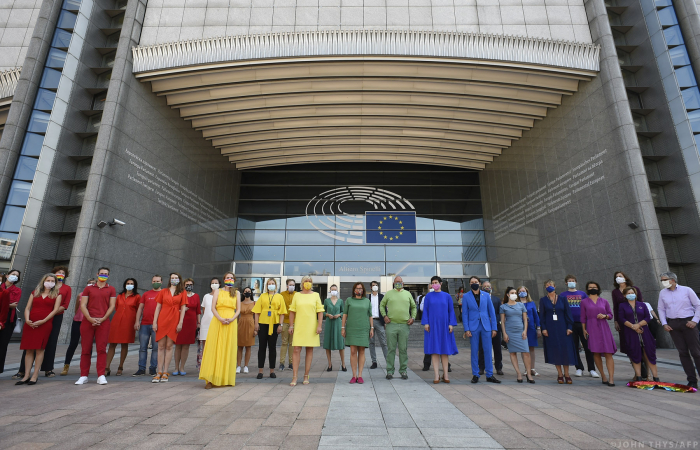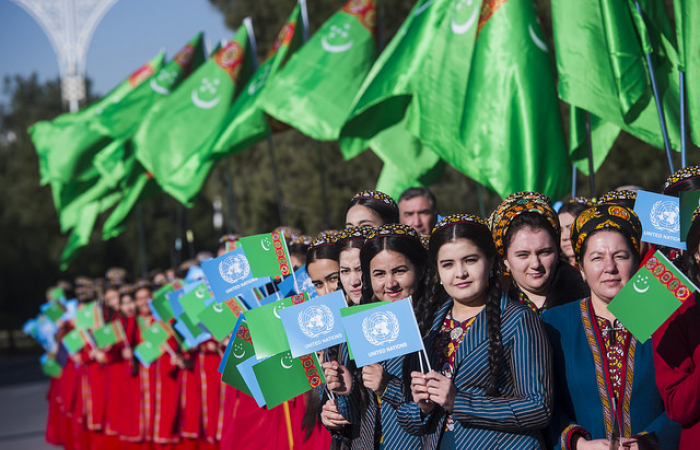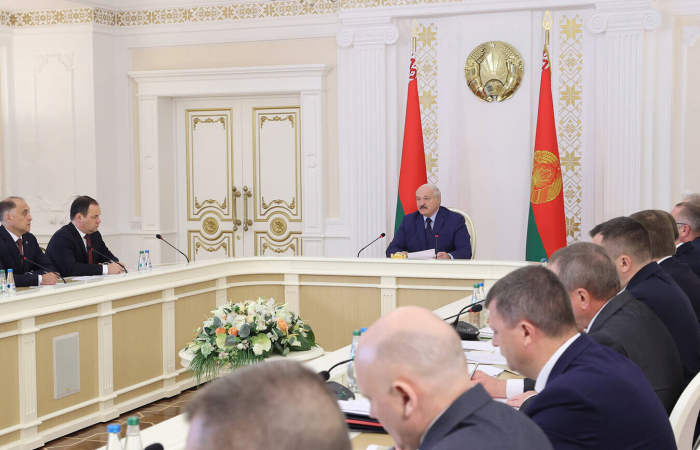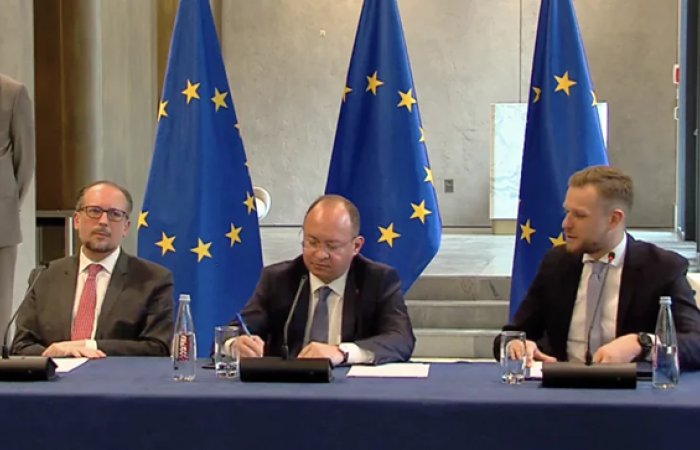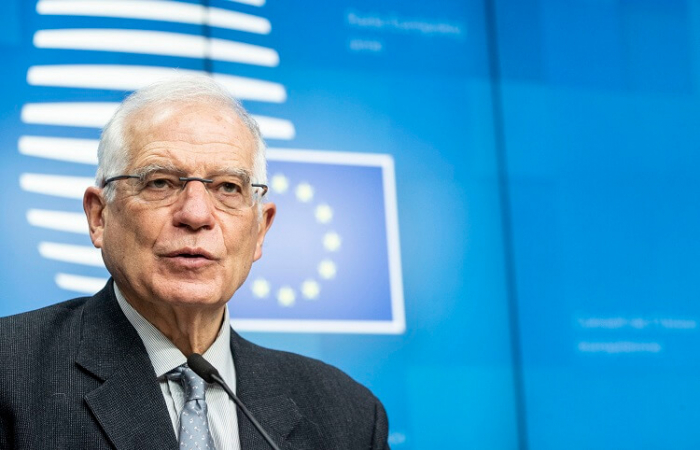Trending
Trump still wants Greenland. "We have to have it", he insists.
23 December 2025
Donald Trump still wants Greenland. "We have to have it", the US president insists. He has sparked a fresh row with Denmark after appointing a special envoy to Greenland.
In response to a question from the BBC about the new role of Jeff Landry, the Republican governor of Louisiana, Trump said the US needed Greenland for "national protection" and that "we have to have it". Trump specifically mentioned Chinese and Russian ships as potential threats in the nearby seas.
Greenland, home to about 57,000 people, has had extensive self-government since 1979, though defence and foreign policy remain in Danish hands. While most Greenlanders favour eventual independence from Denmark, opinion polls show overwhelming opposition to becoming part of the US. (click the image to read the full story).







